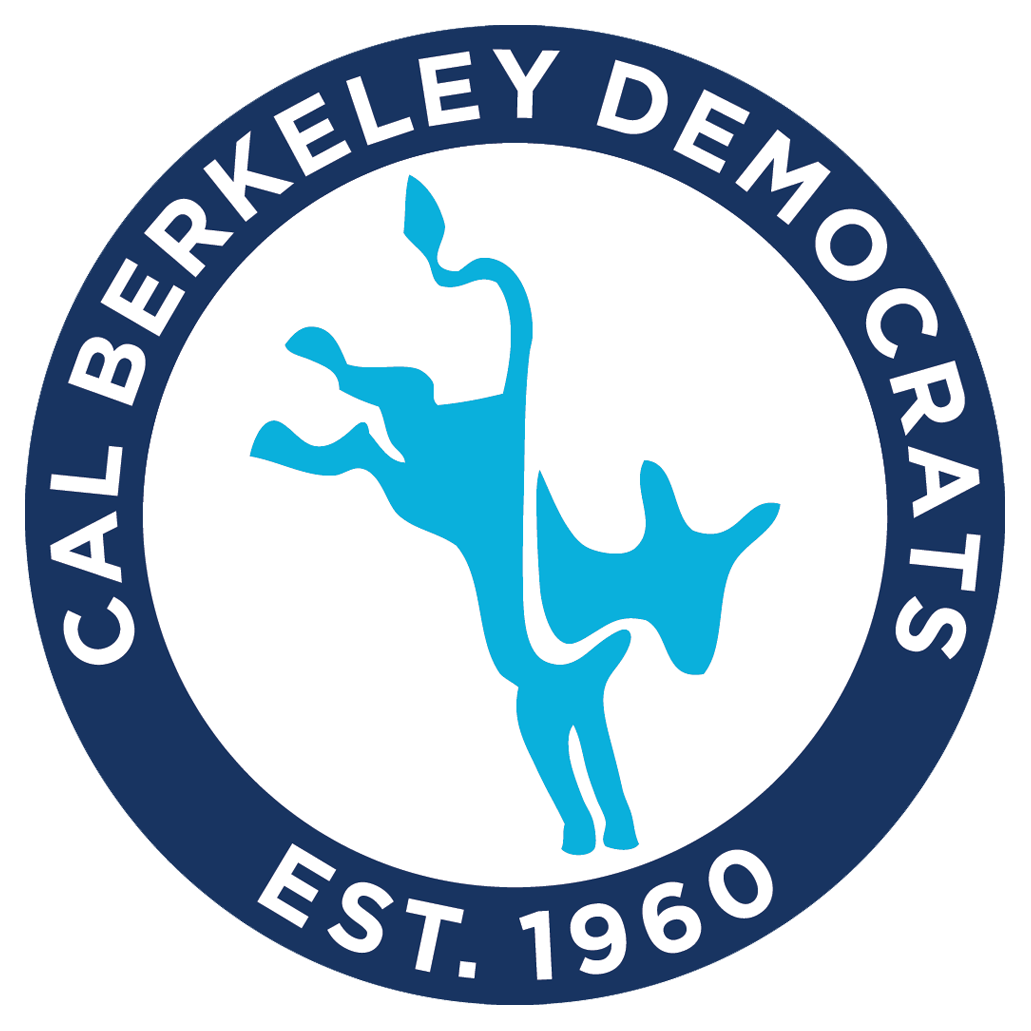Don’t “Outwardly” Express Your Racism-the New Societal Norm
Similarly to many of my peers, I am privileged enough to be a Woman of Color who grew up in America. Specifically, I grew up in a small suburb east of San Francisco. My town held an interesting strange middle ground when it came to politics. While it was a famously white, rich, Conservative town, due to the current nature of politics, the Conservatives began to become challenged by newer generations. The town was caught in between two extremes: extremely conservative battling it out with extremely liberal viewpoints. Racism and racist views became tested, but, regardless, the town was still affluent, white, and rich and there was always an air of “you’re different” to people of color.
I had many different privileges growing up in such a town—I got the good education of a white town, the safety of a small town, and the privilege of living near very liberal San Francisco and Berkeley. Being stuck in such a crossfire of living in a conservative town, but a liberal state, as an Asian-American, whose family was still pretty Filipino was extraordinarily strange. I didn’t grow up with a ton of Asians around me—I was always outnumbered by white peers. Growing up in the early to mid-2000s was also a strange time. Society (white society) had started to become aware of racism, and offensive language. Though (white) society had become aware, I would argue that this awareness only extended to obvious racist language and actions. Microaggressions and language that was clearly uncomfortable would still be written off as jokes, but because it didn’t involve racial slurs or obscene gestures, it couldn’t be deemed racist, right?
Growing up as a Filipina-American in a white suburb led to a weird mix between wanting to be white, but wanting to also accept my heritage. I was not quite “Asian” enough, though I was clearly not white. I didn’t speak Tagalog, since my parents grew up in the Bay Area, as did I, but I still grew up around Filipino culture, food, and traditions. I grew up in the same neighborhoods as my classmates, went to the same schools, but still, I was not the same as my peers. As a child (and even as an adult) it would become hard to distinguish if the microaggressions being thrown at me were just jokes that I should brush off, or if they were something I could be “justifiably” mad at. After all, I wanted to fit in… I wanted to be liked. As small students, we were never taught that bullying extended past hitting or taunting, and that it could include small, hurtful remarks.
Now that I am an adult, now in a bigger city, and in a bigger school, I still feel the effects of these “small” Microaggressions. I so desperately want my other Asian peers to break free from the “Asian” stereotype. I often catch myself still having a mindset that was ingrained in me through microaggressions, as a child… I want to be close to my heritage, but so desperately want to fit into the ideal American lifestyle that my white peers seem to effortlessly blend into. I myself, often found myself having a “white” mindset that also seemed to be ingrained in me. Shamefully, often annoyed by Asian drivers (yes, I am also an Asian driver), shamefully, crinkling my nose at foreign, seemingly strange foods, that should be respected, not criticized.
Listen, I’m not trying to justify my thoughts here. I wish I could remove myself from these stereotypical thoughts I have. However, while our society in many ways has become a more progressive, accepting place, I want people to realize the effects of microaggressions ingrained in our society. As a child who grew up in a “middle-ground” time, I’m still painfully aware of my Asian-ness at times, not because I want to, but because I grew up questioning what I could do to fit in. I was constantly in between if I accept the microaggressions and fit in with the crowd, or defend the heritage my family taught me to embrace. Sure, no one ever told me explicitly that being Asian was bad, but I never saw my white peers receiving the same “you’re different” treatment. Often, I think we forget that blatant racism is only part of the problem. As an adult, it’s easy to brush things off, but as growing children, we don’t quite understand the depth of the problem, we can’t explain what we are feeling, but instead, it’s confusion, …it’s wondering why we can’t fit in, …wondering why something we can’t control so heavily defines us. We are thrown stereotypes that we can’t quite understand but are faced with, as children to accept the burden of microaggressions.
As children, we are taught being mean is bad, …but “jokes” can be harmless and funny right? Right… for the most part, at least. For people who don’t fit into the convention of the “typical American,” the stereotypes, the microaggressions, and the “jokes” hurt.
The new societal norm has seemingly become the idea that racism should not be expressed outwardly and explicitly—but subtle, implicit racism is still acceptable. For the sake of all the young children who deserve better than what I grew up with, this must end.
